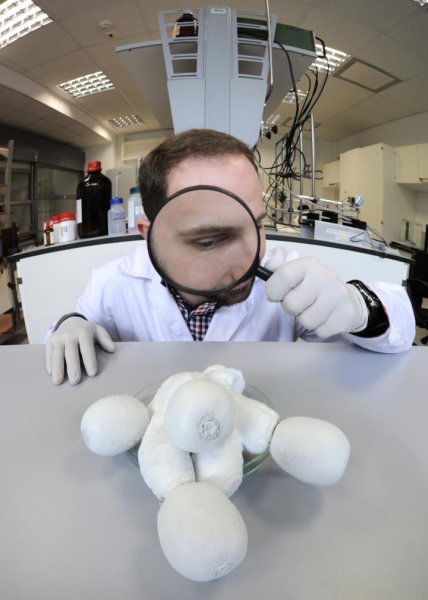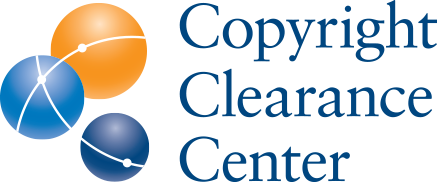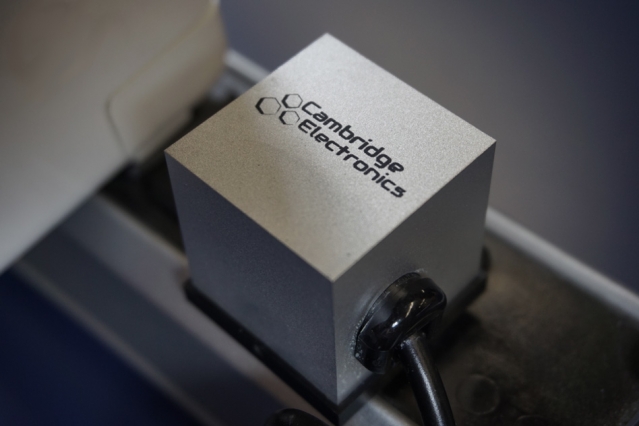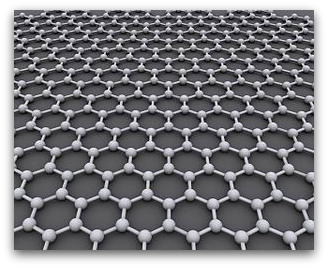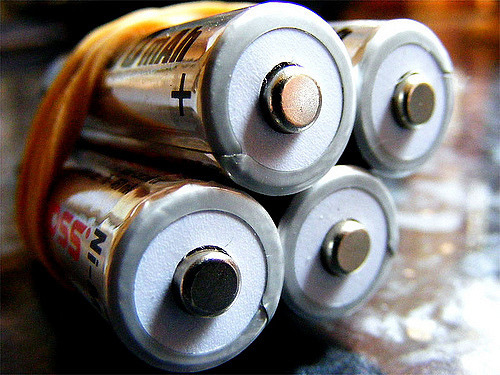
Image: Rob Nunn/Flickr
Researchers from the University of Maryland and the U.S. Army Research Laboratory have developed a lithium-ion battery that is safer, cheaper, more powerful, and extremely environmentally friendly – all by adding a pinch of salt.
The team, led by ECS members Chunsheng Wang and Kang Xu, built on previous “water-in-salt” lithium-ion battery research – concluding that by adding a second salt to the water-based batteries, efficiency levels rise while safety risks and environmental hazards decrease.
(WATCH: Wang’s presentation at the fifth international ECS Electrochemical Energy Summit, entitled “A Single Material Battery.”)
“Our invention has the potential to transform the energy industry by replacing flammable, toxic lithium ion batteries with our safe, green water-in-salt battery,” says Wang, professor in the University of Maryland’s Department of Chemical & Biomolecular Engineering. “This technology may increase the acceptance and improve the utility of battery-powered electric vehicles, and enable large-scale energy storage of intermittent energy generators like solar and wind.”



